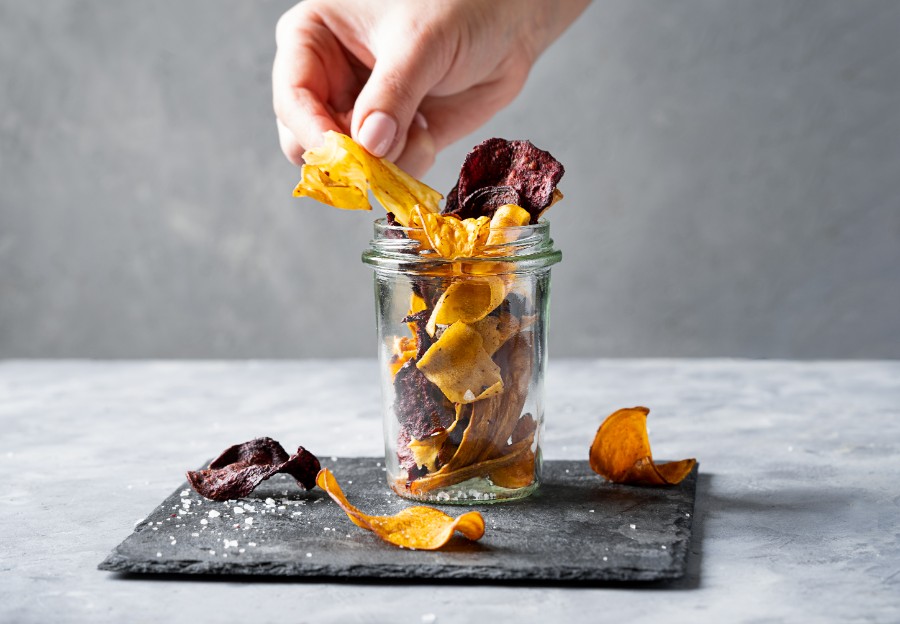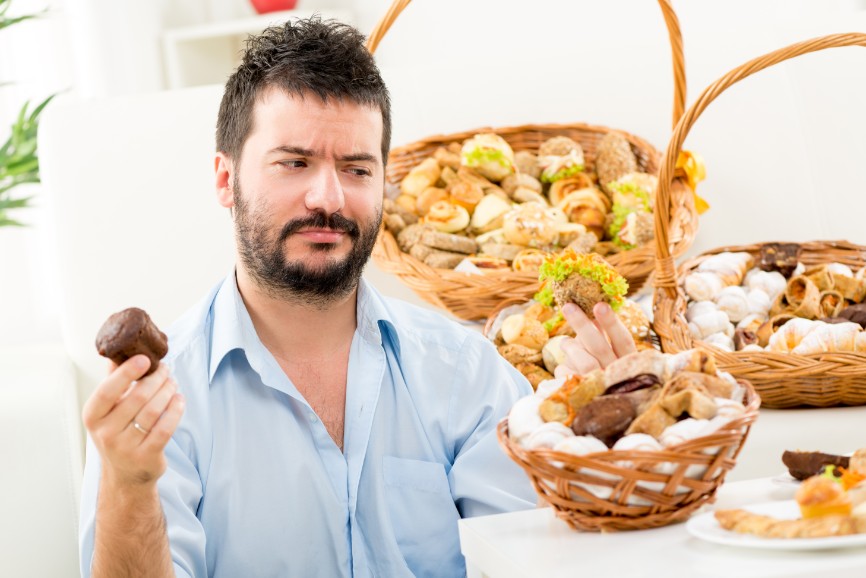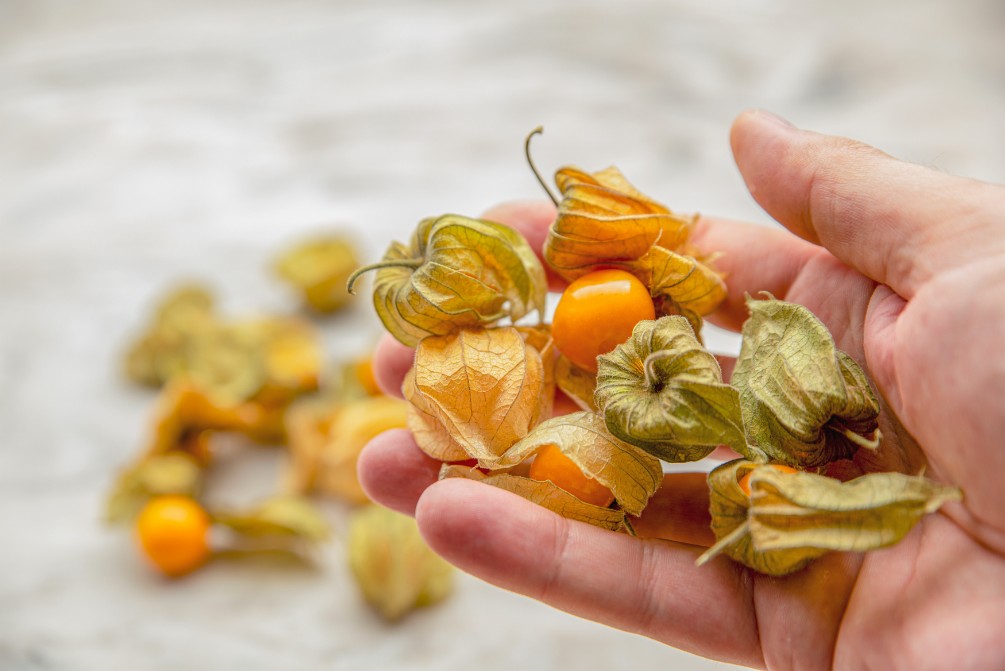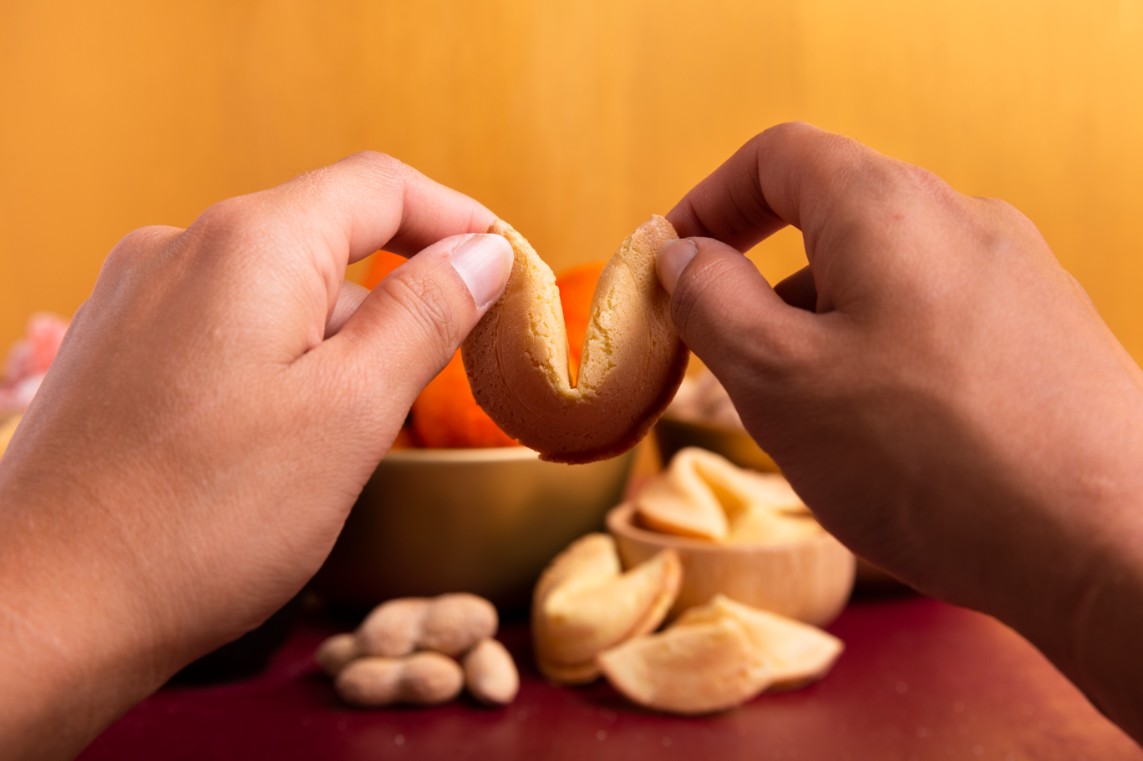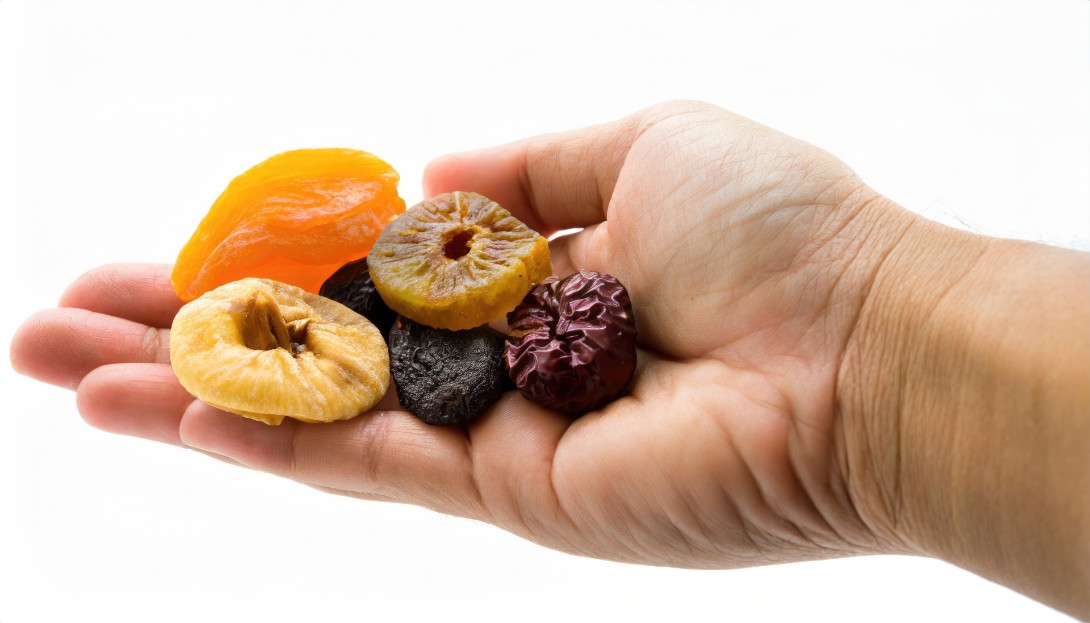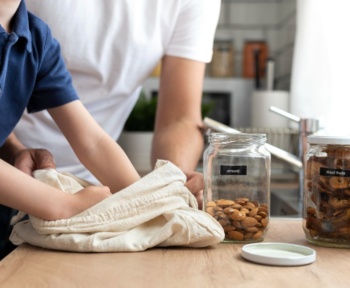Introduction
Dried fruit is a convenient, long shelf life and healthy snack. From grabbing a bag of dried apricots to take in your backpack for a walk, finding that you still have some raisins left over from when you baked last week…Dried fruit is available in most households in the UK and across the Pond. However, one of the most frequently asked questions is whether dried fruit can go bad.
In short, the answer is yes, but what underlies it is more complex than a view. So, in this comprehensive guide, we will show you exactly how to tell if dried fruit has gone wrong. Read on for valuable tips, expert advice, and some best practices to understand how to keep your dried fruits fresh for longer!
What Is Dried Fruit?
Dried fruit refers to fruit with the most water content removed through drying methods like sun drying or specialized dehydrators. This process gives dried fruit its unique texture and concentrated flavor and increases its shelf life compared to fresh fruit.
Common Types of Dried Fruit
- Raisins: Dried grapes are commonly used in cereals, salads, and baked goods.
- Apricots: Soft, tangy fruit often eaten as a snack.
- Prunes: Dried plums are known for their digestive benefits.
- Dates: Sweet, chewy fruit often used in desserts and snacks.
- Cranberries: Tart and often sweetened, great in salads and baking.
Does Dried Fruit Expire? Understanding the Shelf Life
While dried fruit lasts longer than fresh fruit, it can eventually go bad. The shelf life of dried fruit depends on several factors, such as the type of fruit, storage conditions, and packaging.
Factors Affecting Shelf Life
- Storage Conditions: Dried fruit should be kept in a cool, dark place. Humidity and heat can cause dried fruit to spoil faster.
- Packaging: Airtight packaging helps extend the shelf life by reducing exposure to oxygen, which can cause spoilage.
- Type of Fruit: Some fruits, like dates and prunes, have natural preservatives that help them last longer, while others, like apricots, may spoil sooner.
How to Store Dried Fruit for Maximum Freshness (Tips & Best Practices)
Proper storage is essential to keep dried fruit fresh for as long as possible. Here’s a checklist of the best practices to follow:
Best Storage Methods
- Airtight Containers: Store dried fruit in airtight containers to protect it from moisture and air exposure.
- Excellent, Dark Locations: Pantries or kitchen cabinets work well. Avoid direct sunlight or areas near heat sources.
- Refrigeration: Store dried fruit in the refrigerator for a longer shelf life, especially in hot or humid climates.
- Freezing Dried Fruit: Freezing is another excellent option to preserve dried fruit for extended periods. Most dried fruits can be frozen for up to a year.
Storage Checklist:
- Use airtight containers or vacuum-sealed bags.
- Label containers with the purchase date.
- Rotate stock to use the oldest dried fruit first (first-in, first-out method).
- Store in a dry, cool place or refrigerate if needed.
Signs That Dried Fruit Has Gone Bad (List)
Even though dried fruit lasts longer than fresh, it can still go wrong. Watch for the following signs to know if it’s time to toss your dried fruit:
- Discoloration: If the fruit appears darker than usual or has odd spots, it might be spoiled.
- Off Smell: Dried fruit should have a pleasant, sweet smell. If it smells sour or rancid, it’s time to discard it.
- Mold Growth: Visible mold is a clear sign that the fruit is no longer safe to eat.
- Slimy Texture: Fresh, dried fruit should feel firm or chewy. If it feels sticky or slimy, it could have gone better.
- Hard and Brittle: While dried fruit may lose moisture over time, extremely hard or brittle pieces can indicate they’re past their prime.
Best Practices for Extending the Shelf Life of Dried Fruit (Tips)
Here are a few methods to extend the life of your dried fruit and keep it fresh:
- Vacuum Sealing: If you want to store dried fruit for long periods, vacuum sealing removes air and moisture, making it ideal for preservation.
- Use of Oxygen Absorbers: These small packets absorb oxygen in containers, helping prevent spoilage.
- Freezing for Extended Storage: While freezing might not be the first choice for most, it can significantly extend the life of dried fruit without affecting its flavor or texture. Thaw it out before eating.
Can You Eat Expired Dried Fruit? (FAQs & Safety Tips)
Expired dried fruit doesn’t automatically mean it’s unsafe to eat. However, it’s essential to know the risks involved.
Ultimate Guide: The Do’s and Don’ts of Storing Dried Fruit (Step-by-Step Guide)
Storing dried fruit correctly is key to ensuring it stays fresh for as long as possible. Here’s a simple guide to follow:
Do’s:
- Use airtight containers or bags to prevent exposure to moisture.
- Label your containers with the date to keep track of freshness.
- Store dried fruit in a cool, dark place.
- Freeze-dried fruit if you plan to store it for over six months.
Don’ts:
- Don’t leave dried fruit in areas with high humidity.
- Don’t store dried fruit in direct sunlight, which speeds up spoilage.
- Remember to rotate stock to use older items first.
Interview with an Expert: How to Keep Dried Fruits Fresh Longer
We spoke with Jane Doe, a food storage expert from the UK, about extending dried fruits’ shelf life. Here’s what she had to say:
Q: What’s the best way to store dried fruits to maximize freshness?
Jane: “The best method is to keep them in airtight containers in a cool, dark place. For long-term storage, I always recommend vacuum-sealing or refrigerating dried fruits.”
Q: Can freezing dried fruit affect its nutritional value?
Jane: “Not at all! Freezing is one of the best ways to preserve dried fruit without any impact on its nutritional value.”
Dried Fruit and Food Waste: Tips to Minimize Spoilage
To minimize food waste and ensure you get the most out of your dried fruit, here are some eco-friendly tips:
- Buy in Bulk: Purchase dried fruit in bulk and store it in airtight containers.
- Dehydrate Your Fruit: For excess fresh fruit, consider dehydrating it for more extended storage.
- Compost: If dried fruit has gone wrong, consider composting it rather than throwing it away.
Conclusion: Keep Your Dried Fruit Fresh Longer
Dried fruit can last long, but proper storage is key to extending its shelf life and ensuring it remains fresh and delicious. Following the best practices outlined in this guide, you can enjoy your dried fruit for months—whether storing it for snacks or baking.
Remember, check your dried fruit regularly for signs of spoilage, and when in doubt, store it in an airtight container in a cool place. Now that you’re equipped with these tips, your dried fruits will stay fresher and longer!
FAQs
Dried fruit that’s visibly moldy or smells off should not be consumed. If the dried fruit appears fine but is slightly past its expiration date, it may still be safe to eat but might have lost flavor and texture.
If stored properly, dried fruit can still be eaten after the best-by date, though its quality might decline. Always inspect it before eating.
You can soak stale dried fruit in water or juice to restore moisture and make it more palatable for snacking or baking.
Raisins can last 6-12 months in the pantry and up to 2 years when refrigerated. Apricots last around six months.
Yes, freezing dried fruit is an excellent way to extend its shelf life up to a year without sacrificing flavor or texture.


